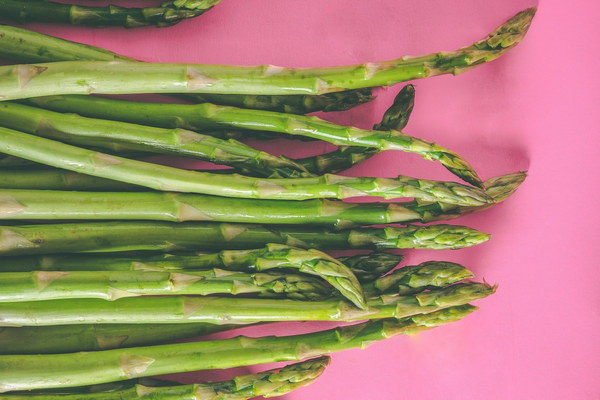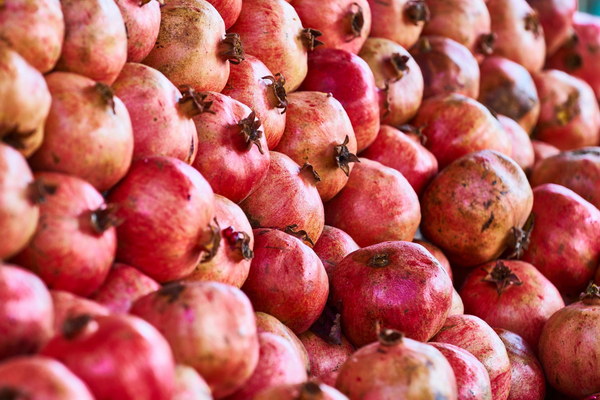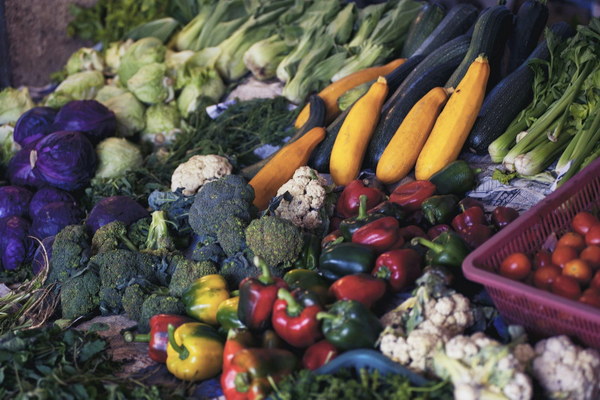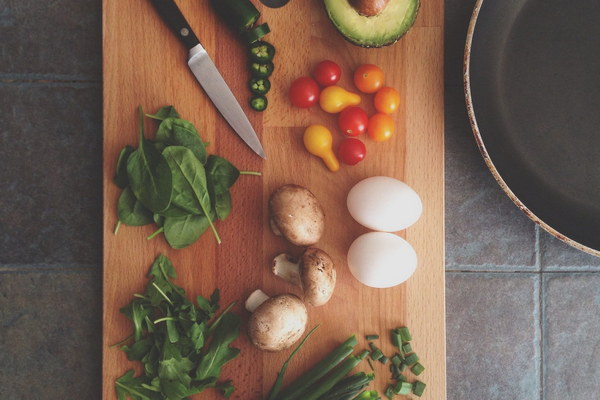Warming Up Your Winter How to Beat Dampness with Xiao Han Remedy
As winter approaches, the cold air brings with it a sense of coziness and warmth. However, for many, the season also brings an unwelcome companion: dampness. Dampness, or damp-heat, in traditional Chinese medicine (TCM), refers to an imbalance in the body's moisture levels, leading to discomfort and various health issues. The Xiao Han (Little Cold) period, which falls between January 5th and 8th on the lunar calendar, is a time when dampness is especially prevalent. In this article, we will explore the concept of dampness, the significance of Xiao Han, and how to combat this pesky condition naturally.
Understanding Dampness:
Dampness is a result of an imbalance in the body's Yin and Yang energies, which are fundamental principles in TCM. When the body's Yin energy (cool, moist) becomes excessive, it can lead to dampness. This imbalance can arise from factors such as overeating, exposure to damp weather, or a lack of exercise. Symptoms of dampness include fatigue, joint pain, weight gain, water retention, and digestive issues.
The Xiao Han Period:
The Xiao Han period is a time when the body's dampness is most active due to the transition from fall to winter. The cold air can exacerbate dampness, making it essential to take proactive measures to ward off discomfort. During this time, the body's Yang energy (warm, dry) is at its weakest, making it more susceptible to dampness. By addressing dampness during Xiao Han, you can strengthen your body's defenses against future imbalances.
Ways to Beat Dampness:
1. Diet: A balanced diet plays a crucial role in combating dampness. Avoid overeating, particularly of heavy, damp foods such as dairy, wheat, and sugary treats. Instead, focus on a diet rich in lean proteins, vegetables, and fruits. Incorporate foods with diuretic properties, such as cucumber, celery, and parsley, to help eliminate excess moisture.
2. Herbs and Supplements: TCM offers various herbs and supplements that can help alleviate dampness. Some popular options include:
- Astragalus (Huang Qi): A well-known immune booster, astragalus can help strengthen the body's defenses against dampness.
- Poria (Fu Ling): Known for its diuretic properties, poria can help eliminate excess moisture from the body.
- Cinnamon (Rou Gui): Cinnamon has warming properties and can help combat the cold and dampness associated with Xiao Han.
3. Exercise: Regular exercise is essential for maintaining a healthy balance of Yin and Yang energies. Engage in activities such as walking, tai chi, or yoga to stimulate circulation and improve overall health. Avoid exercising in damp, cold environments, as this can exacerbate dampness.

4. Acupuncture: Acupuncture can be an effective treatment for dampness, as it helps to balance the body's energy and eliminate excess moisture. Acupuncturists may target specific points related to dampness, such as the Spleen and Stomach meridians.
5. Lifestyle Changes: Adopting a healthy lifestyle can significantly reduce dampness. Some tips include:
- Get plenty of rest to allow your body to recover and maintain balance.
- Keep your living space well-ventilated and free of dampness.
- Avoid exposure to cold, damp weather as much as possible.
- Manage stress through relaxation techniques such as meditation or deep breathing exercises.
Conclusion:
Dampness can be a pesky problem, especially during the Xiao Han period. By understanding the underlying causes and implementing a combination of diet, exercise, and lifestyle changes, you can effectively combat dampness and maintain a healthy, balanced body throughout the winter season. Embrace the cold with warmth and take charge of your health this winter!









